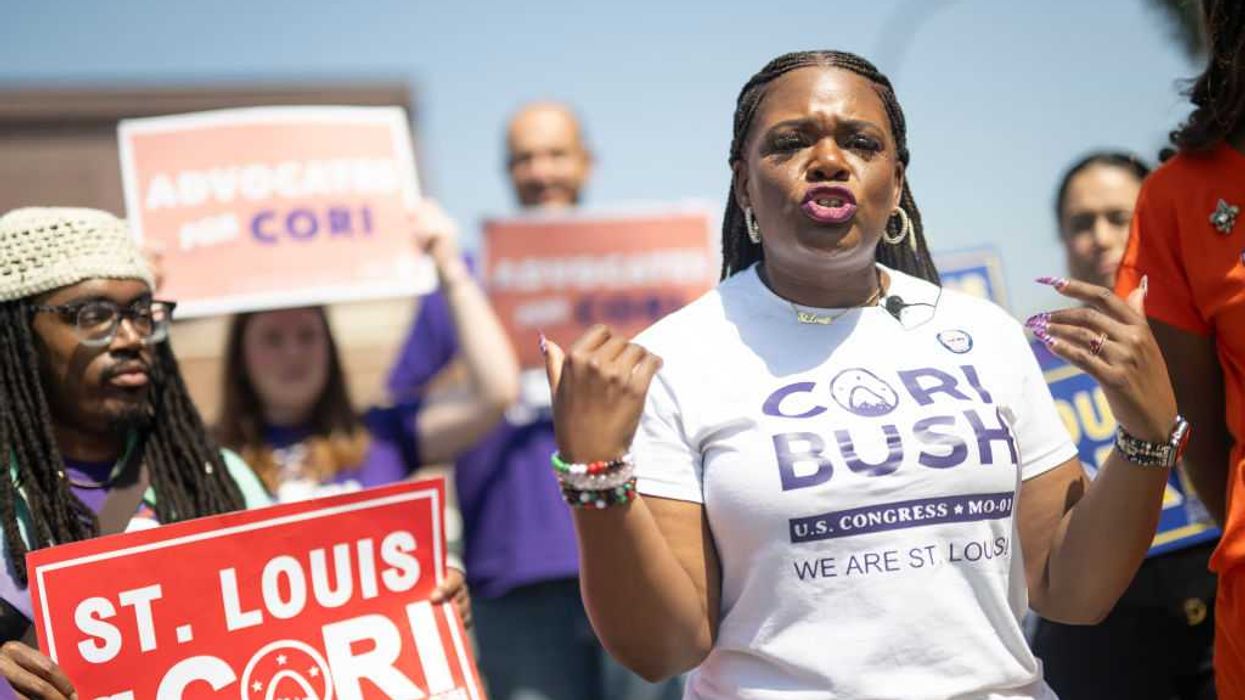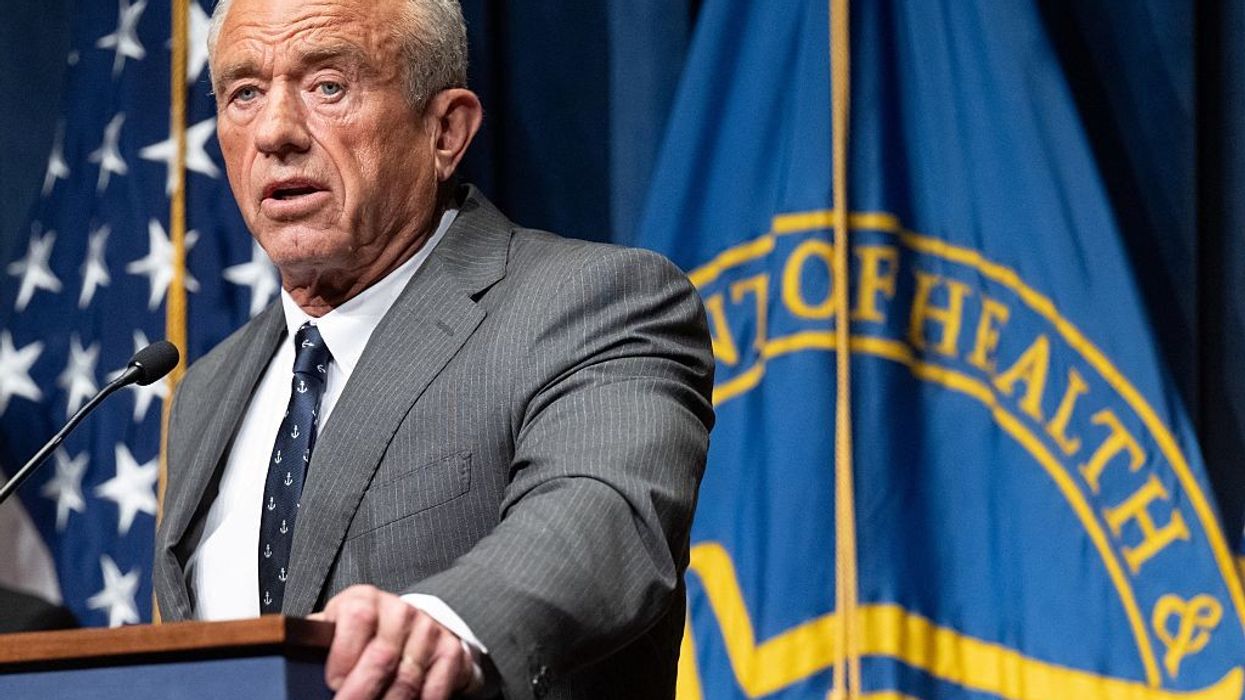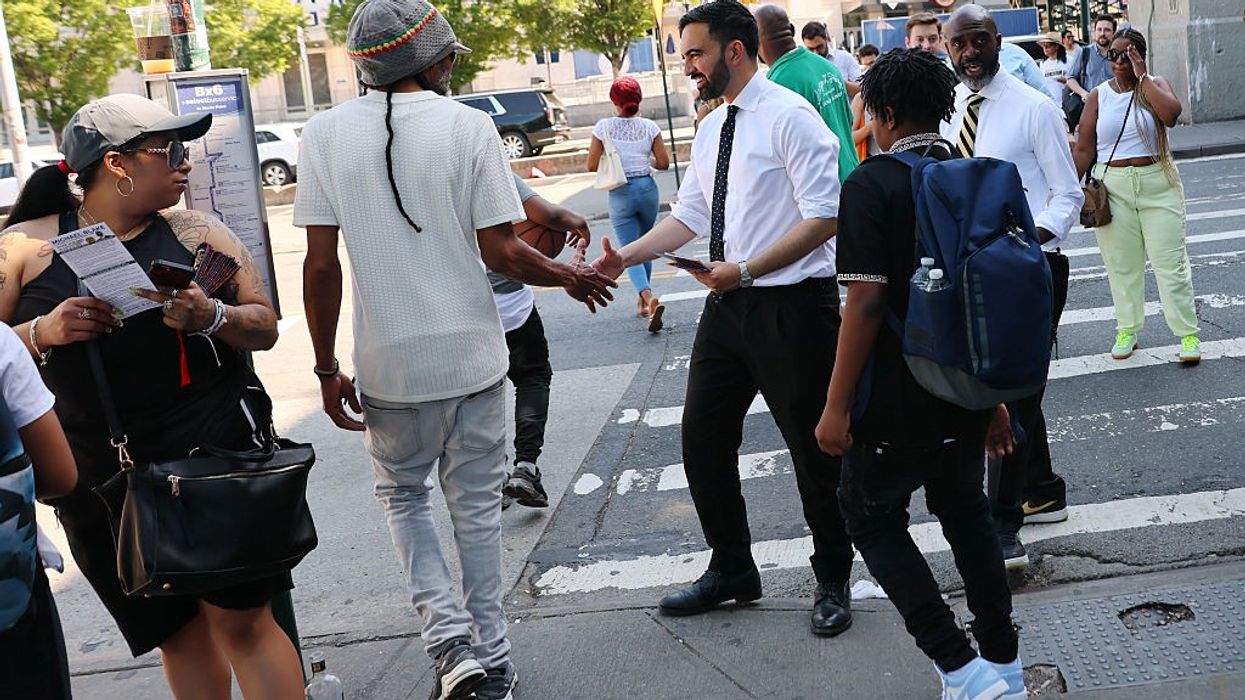Yet the work of local governments has never been more difficult. Americans continue to lose trust in government, and as conditions worsen, faith in government erodes further. This decline is not accidental—it stems from decades of funding cuts, deregulation, misinformation, voter suppression, and government missteps. It feels like the biggest beneficiaries of government today are the wealthy and large corporations, which continue to make record profits despite recessions, pandemics, and climate change.
The lack of trust in government and the concentration of wealth and power in a small elite are connected. A deliberate effort to undermine the government’s ability to deliver for all feeds a downward spiral of distrust. Consider how US President Donald Trump empowered Elon Musk to lead mass layoffs and weaken or shut down critical agencies, undermining services people depend on. This move fuels privatization, deregulation, wealth concentration, and further distrust in government.
So, where do we go from here? For government to ensure shared prosperity, we must first rebuild trust. That requires government to deliver for everyone, not just the wealthy.
The long road to rebuilding trust must start with rejecting the fearmongering and scarcity mentality that has left us isolated and unhappy. We must demand better results from both government and our economic system. We need a system rooted in mutual care and shared prosperity.
This transformation begins from the ground up; it depends on each of us cultivating a culture of belonging and connection in our daily lives. I see this willingness in the empathy and care people show for neighbors, the environment, and future generations. Government can correct course only if we engage with it and demand more—because we are committed to doing better ourselves. Over time, civic participation can rebuild trust in government—though not as it is, but as a transformed institution committed to nurturing relationships.
Local governments can create opportunities for residents to relate to each other better and forge stronger relationships. Because local government is closer to its constituents than state or federal agencies, it can offer more immediate opportunities for civic engagement and connection. I believe assigning local government the role of cultivating a sense of belonging is key to achieving shared economic prosperity and to overcoming the polarization that currently grips our communities.
Local governments can evolve by partnering with local leaders and civil society groups that—in many communities—are fulfilling key roles once held by local governments. By building true, trusting collaborations, governments can expand their capacity and impact, reshape how communities relate to public institutions, and restore trust and faith in their work.
When we share responsibility for our communities—when neighbors connect, participate, and help shape our governance—we push government to serve all of us better.
To be clear, local governments cannot create a culture of belonging alone. Many governments need to commit to a sustained process of reconciliation, especially with communities of color, to overcome their checkered past. As I write this essay, immigrant communities in Los Angeles and throughout the country are being terrorized by federal law enforcement agencies, often with the support of local law enforcement, separating families, traumatizing neighbors and neighborhoods, and severely eroding trust between the government and communities. There is no way around the fact that governments at each scale have inflicted harm on communities. Nor can we ignore the fact that government is how we organize how we live. What government looks like, and how it interacts with us, remains our choice—that is the essence of democracy.
Some might view the suggestion that governments should cultivate residents’ sense of connection and belonging as an example of “mandate creep.” But if not local government, then who is responsible for nurturing connections between neighbors and fostering the culture of our communities?
Consider the processes involved in governance—updating general plans, budgeting, making and implementing new laws. These processes have a tremendous impact on our lives, yet few people participate. What difference would it make if more people were involved? If local governments had more resources and expertise to increase participation, could we achieve better governance? If local governments prioritized participation and equipped public servants to engage more residents directly, perhaps we would feel more satisfied—or at least better understand the decisions shaping our lives.
Local governments can also foster a culture of belonging by creating and maintaining spaces for people to meet and build community. Sidewalks, streets, parks, libraries, transit, community centers, and gardens—spaces that local governments oversee—constitute the public realm. While we often view these places as hard infrastructure, their potential to foster “soft infrastructure” such as civic relationships and human capital remains underdeveloped. What if governments designed public spaces to maximize connection? During the pandemic, they temporarily used infrastructure this way—through slow streets, free transit, health services in community centers, and redesigned parks. If it worked then, why not all the time?
Local governments can further strengthen communities through local culture and civic pride. Where we come from shapes our sense of belonging. Even in a transient, digital world, most people spend much of their lives in one place. Local culture—its history, art, celebrations, customs, and people—plays a big role in how we feel about our communities and can bind us together. I saw this in Berlin during the 48 Stunden Neukölln festival, where streets, shops, and homes displayed art for the public, turning the entire neighborhood into a vibrant gallery. People mingled, explored, and took pride in their community. We can use cultural programming to deepen civic pride and participation, tying culture more closely to governance.
Ultimately, rebuilding faith in government begins with rebuilding faith in each other. When we share responsibility for our communities—when neighbors connect, participate, and help shape our governance—we push government to serve all of us better. The journey to restore faith in government and the process of restoring our social bonds are inseparable. Only by working together can we create the thriving, healthy communities we all desire.



 (Image by @TrackAIPAC/X)
(Image by @TrackAIPAC/X)
